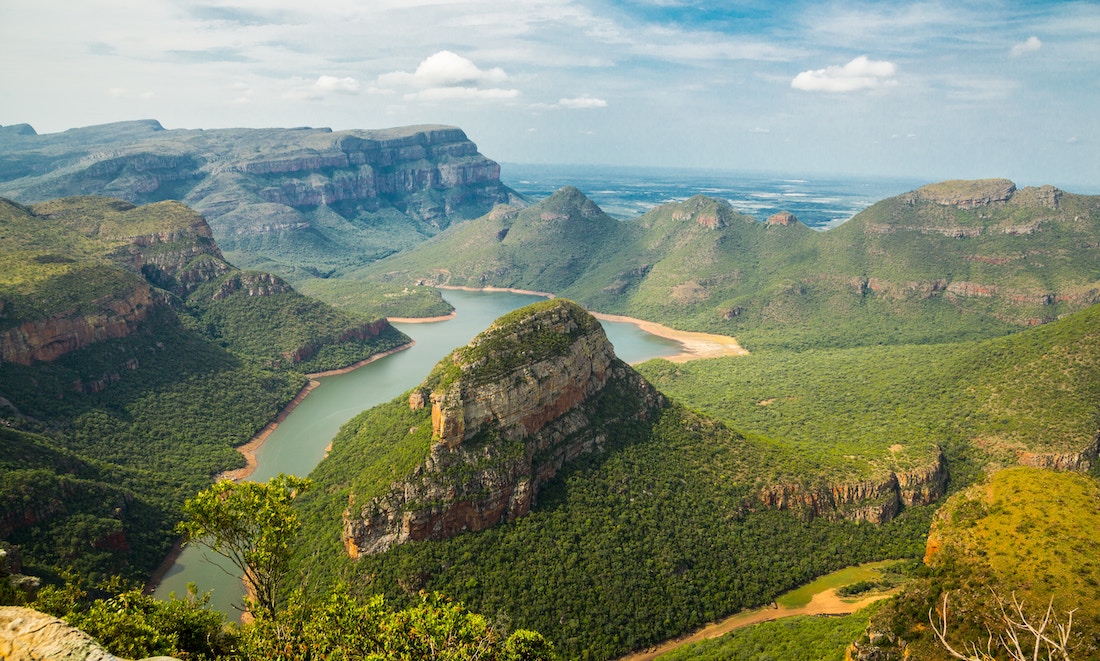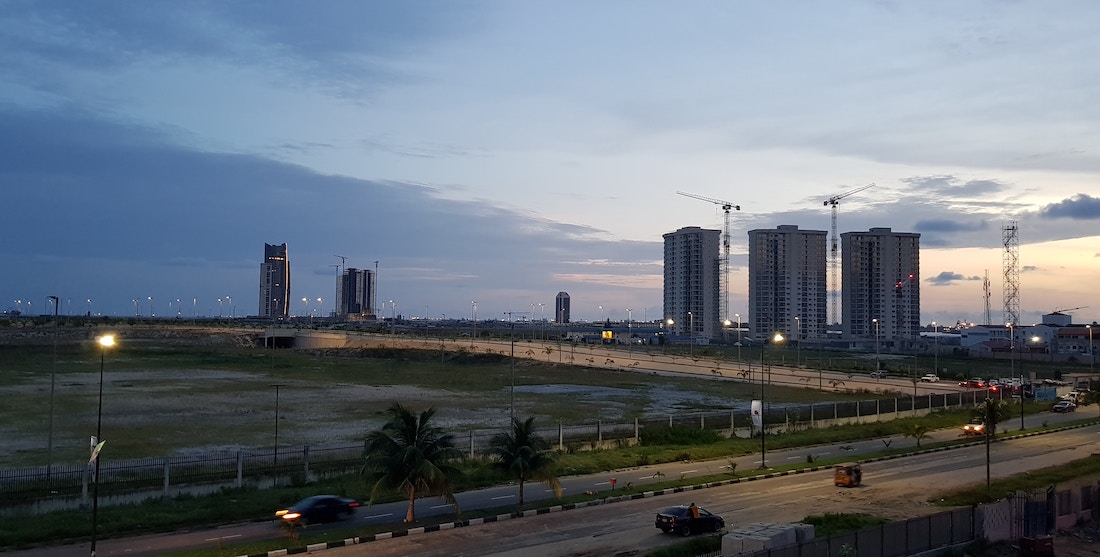A lot of misconceptions surround Africa, but the continent is far more than the sum of its stereotypes. The most important thing to know is that Africa is not a country; it’s a continent of 54 countries that are diverse culturally and geographically.
- It’s so diverse because Africa is really, really big — about as big as the combined landmasses of China, the United States, India, Japan and much of Europe.
- Africa boasts the globe’s youngest population, but two-thirds of youth are unemployed or working in vulnerable, low-paying positions. Heifer International is supporting entrepreneurs on the continent to lower barriers for youth in agriculture and encourage farming as a viable income-generating career.
- In 2021 Heifer created the AYuTe Africa Challenge, an annual competition that awards cash grants to promising young African agritech innovators. The winners? ColdHubs, a Nigerian business providing solar-powered, walk-in coolers to smallholder vegetable farmers, and Hello Tractor, a Kenyan company known as the “Uber of tractors.”
- Africa might be the most multilingual continent. Arabic is the most widely spoken language in Africa, but it’s also home to about 2,000 other languages.
- Nigeria and Cameroon are home to an unfathomable amount of languages, with more than 500 spoken in the former and 200 plus in the latter. In Nigeria, English is the official tongue, although Hausa, Yoruba and Igbo are more common as first languages. French, English and German have all been official languages in Cameroon, but if you visit the country, you might be just as likely to hear Fulfulde, Ewondo or Frananglais.
- Islam is the dominant religion in Africa; Christianity is second. By 2050, some project that nearly 40% of all Christians will live in sub-Saharan Africa.
- When people think of Africa, they probably think of its savannas or the Sahara. While those ecosystems do make up three-fourths of the continent, Africa also contains mountain ranges, rainforests, wetlands, shrublands, coasts with coral reefs and barrier islands, and a set of great lakes, which include Lake Victoria and Lake Tanganyika.
- About 37% of Africans live in urban areas — but in the next 30 years, Africa is expected to be the world’s fastest urbanizing region.
- The United Nations projects that Africa will be home to nearly 40% of the world’s population, comparable to Asia. The same report predicts that by 2100, half of the world’s most populous countries will be found in Africa. Right now, only Nigeria makes the list.
- Although poverty is certainly an issue, many African economies are making rapid progress. African countries account for five or six spots on most “top 10 fastest growing economies” lists, with Ethiopia, Ghana and Ivory Coast leading the way for the continent.
For those of you who are more graphically inclined, we’ve also put together an Africa infographic.


